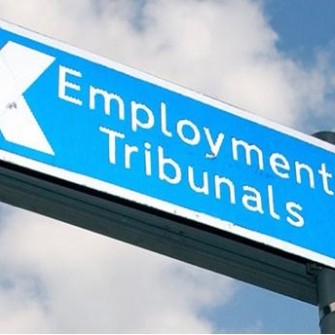Law Society says tribunals must work for employees and employers as cases fall by 60%
The Law Society has said that employment tribunals have been put well beyond the reach of most people, after charges were introduced two years ago.
Ministry of Justice statistics released at the end of July 2015 have revealed that since the charges were introduced in July 2013, the number of employment tribunal cases being brought has fallen by more than 60 percent.
The fees were brought in to transfer the running costs of employment tribunals to those using them, and to encourage employers and employees to resolve disputes without going to tribunal.
But these charges mean that people who have just lost their job and are facing financial uncertainty are facing fees of up to £1,200 to bring their case.
Since the introduction of the fees, people bringing tribunal claims have had to pay an issue fee of between £160 and £250, plus an additional hearing fee of between £230 and £950, depending on the claim being brought.
The Law Society, the independent professional body for solicitors, says that the inevitable effect of the introduction of these charges has been to deny people the right to have their dispute heard in a tribunal.
Law Society president Jonathan Smithers said: “The £1,200 that a claimant must now pay for most types of cases is close to the average monthly salary, putting a tribunal well beyond the reach of many people, particularly those on lower incomes.
“Everyone needs employment tribunals that are fair and affordable. They must work for both employers and employees.”
Frances O’Grady, the general secretary of the TUC, has said in the past that the employment tribunal fees have been “a huge victory for Britain’s worst bosses”.
Mr Smithers said that the Law Society welcomed the recently announced House of Commons Justice Select Committee inquiry into the impact of court and tribunal fees, and would be contributing to it.
The deadline for written submissions to the inquiry is 30 September 2015. The inquiry will consider how the introduction of the fees has affected the access to justice, the volume and the quality of the cases brought in employment tribunals.

